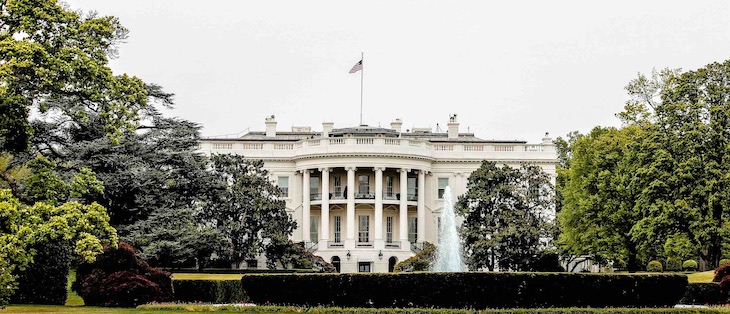In a year that has been claimed to be the busiest in history for political elections, there will be no bigger event in the calendar than the race to be President of the United States, due to be held on November 5th.
In this CIO Special – "U.S. Election: ‘Super Tuesday’ moves Biden-Trump closer" – we help set the scene for arguably the most important election of the year. It is highly likely that the 2024 U.S. presidential election will look a lot like a rematch of the one from 2020 with President Biden and former President Trump competing for the White House.
Super Tuesday marks an important milestone in the race for the presidency as it traditionally narrows down the race to the final Republican and Democratic candidates. It is important to be cognizant of the ‘noise’ that elections can create on markets during election season and methodically keep it apart from the more long-term drivers of equity market fundamentals which stems from movements in bottom-line earnings and company growth.
Key messages:
- ‘Super Tuesday’ remains a key date in the U.S. primary election calendar. It is widely expected that tomorrow will push former President Donald Trump ever closer to the Republican presidential nomination, in what will set-up another contest against current President Joe Biden.
- Tuesday, November 5th will see another closely contested election with both candidates expected dealing with several key issues domestically and abroad if victorious. Economic uncertainty and fiscal health will also be crucial to navigate as well as their own credibility concerns.
- In our first of a series of U.S. specials, we aim to outline the political landscape for both candidates leading into ‘Super Tuesday’ and what lies ahead after election day.







